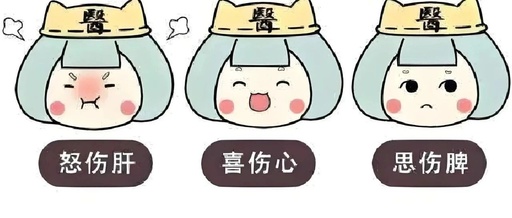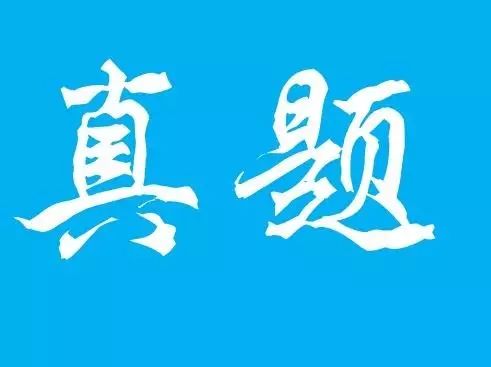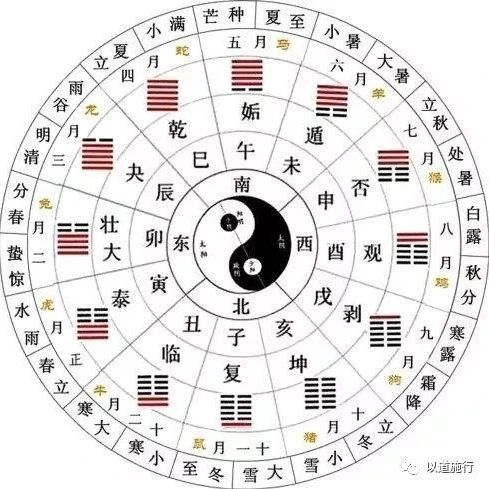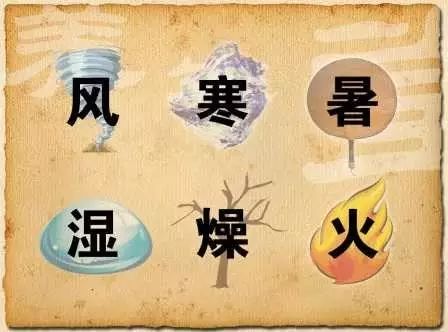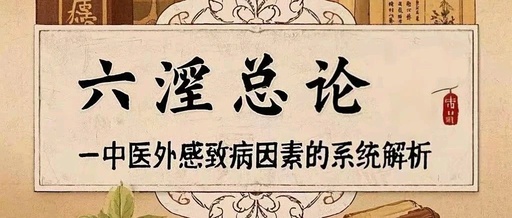Understanding the Characteristics and Treatment of Exterior Syndromes in Traditional Chinese Medicine
Understanding Exterior SyndromesXiao Xiangru1. Definition of Exterior SyndromesThe definition of exterior syndrome can be stated as follows: Exterior syndrome is a clinical manifestation caused by the invasion of cold pathogens into the muscle layer, which constrains the defensive qi (wei qi).According to this definition, it is impossible for exterior syndromes to arise from other causes, … Read more




